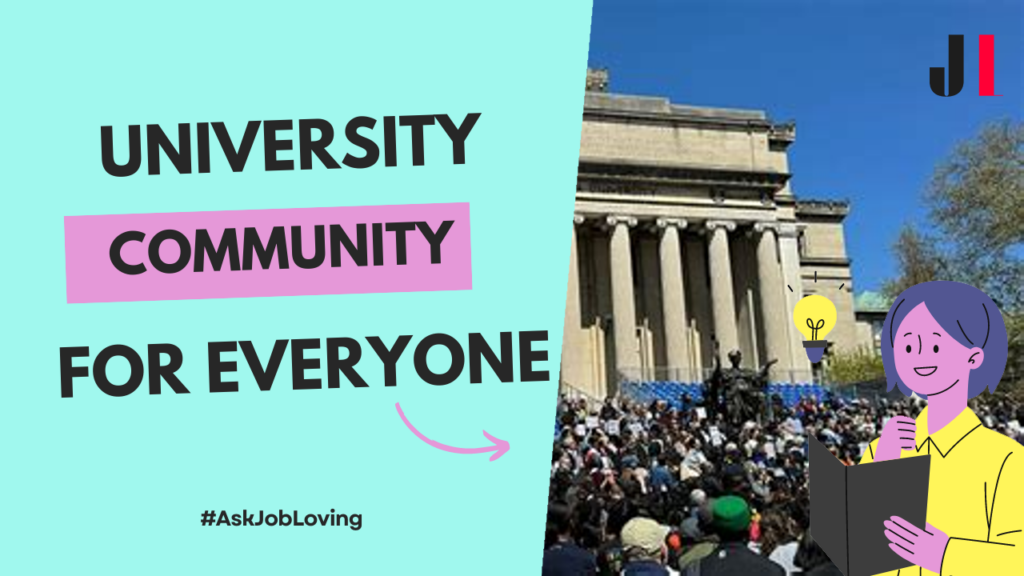Introduction
In recent discussions surrounding Columbia University, a concerning narrative has emerged regarding accusations of antisemitism on campus. This topic is pivotal as it sheds light on the broader implications of how universities address hate speech, free expression, and prejudice among their student bodies. Delving into why some perceive Columbia as fostering an antisemitic environment unveils the complexities surrounding the university’s culture and policies.
Understanding the Accusations
The allegations against Columbia University largely stem from its robust environment of political discourse, particularly regarding Israel and Palestine. Critics argue that numerous expressions of anti-Zionism bleed into antisemitism, creating a chilling atmosphere for Jewish students. For instance, when expressions of dissent against Israel’s policies are prevalent, some students feel targeted due to their Jewish identity, leading them to equate criticism with hate. This situation leads to a tangled web where legitimate discourse may inadvertently fuel existing prejudices.
Moreover, the problem starts when the lens of activism narrows down to demonizing the Jewish state or group as a whole rather than critiquing specific actions or policies. This kind of rhetoric can trigger and amplify negative stereotypes, encouraging an environment where Jewish students might feel isolated or unsafe.
Anecdotal evidence supports these claims, as many Jewish students have voiced discomfort in participating in campus discussions fearful that their views would be automatically dismissed as mere pro-Israel sentiment rather than constructive critique. Additionally, events on campus portraying Israel in an overwhelmingly negative light can foster an atmosphere of disdain that unfortunately alienates some students, indicating deeper underlying issues within the activist circles.
Campus Climate and Institutional Response
Columbia’s administration has faced criticism for how it handles incidents of antisemitism versus other forms of discrimination. When reports surface regarding antisemitic actions or sentiments—like the notorious “Columbia University President Takes Heat Congressional Antisemitism Hearings”—the university’s responses appear inconsistent compared to how it addresses racism or other biases. This perceived disparity can lead to a feeling among Jewish students that their concerns are less valid or taken less seriously than those of other groups.
Conclusion: The Way Forward
Ultimately, while Columbia University prides itself on being a bastion of free speech and open dialogue, navigating the fine line between critical discourse and hate speech remains vital. As climate dynamics continue to evolve within educational institutions, both students and administration must engage effectively to address concerns regarding antisemitism sensitively and seriously.
If you find yourself needing more insights or resources about why Columbia University faces accusations of antisemitism, connect with us at the JobLoving community — we’re here to help navigate these complex discussions!

